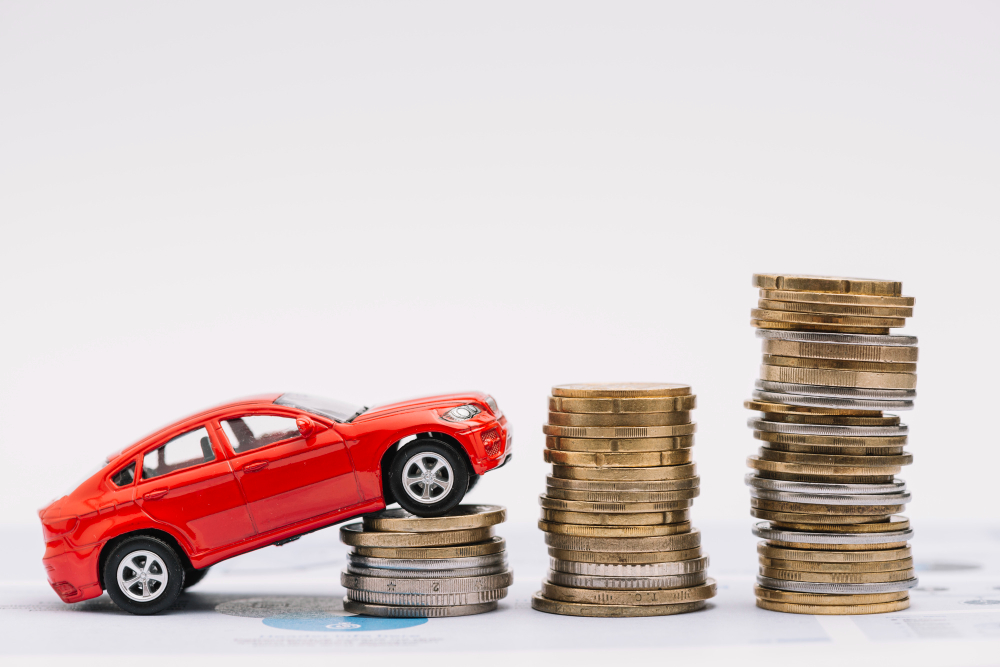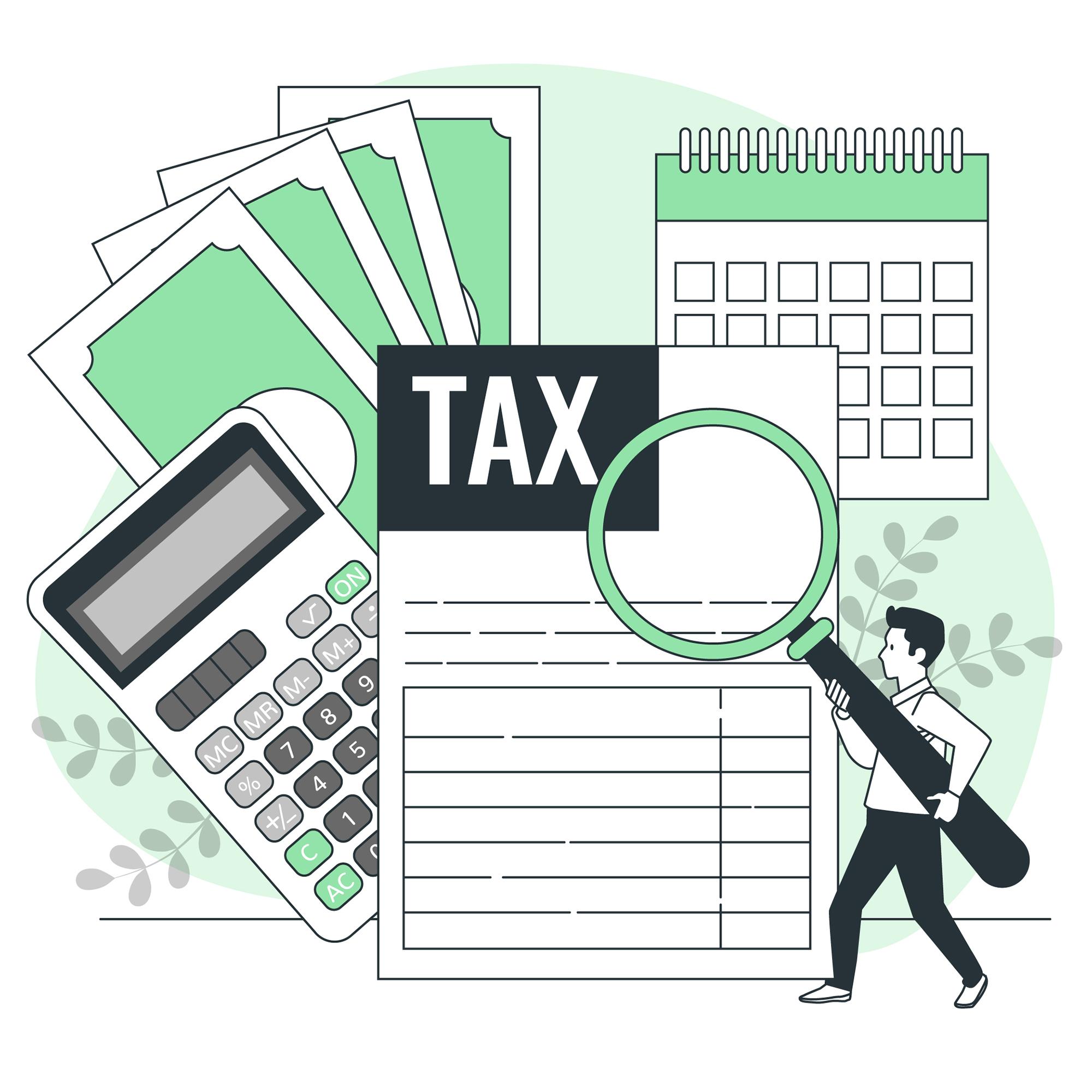Getting Your Cars Tax Effectively
Gavin:
Hi, I’m Gavin.
Jordyn:
You’re starting off. I’m Jordyn.
Gavin:
And we’re talking about how to buy your car tax effectively. Basically, I’m going to break this down into three bits, as an employee, and then we’re going to talk about salary sacrificing, and then as a business owner.
Jordyn:
Yep. So, essentially, as an employee, you have two options to claim your car and it’s either cent per kilometre, which is capped at 5,000 kilometres per financial year, and then have a logbook, essentially. So if you do over the 5,000 kilometres, it’d be advised I guess, that you keep a logbook because you can claim more variety of expenses.
Jordyn:
For a logbook, you need to have it, you need to record it consistently for a 12 week period, and that’s valid for five years. So, when you’re recording that 12 week period, and you pretty much just record every trip that you do, whether it’s personal and business, and from that, you’ll get your business use percentage, and that’s the percentage that you’ll be able to claim for all of your expenses. So pretty much like your fuel, your depreciation, your interest if it’s on the loan, repairs and maintenance, new tires, just anything I guess relating to that car. So yeah, I guess if you’re doing more than a 5,000-kilometre max for the cents per kilometre, it’s probably advisable that you keep a logbook because you have a better range of expenses.
Gavin:
Yep. Another option you might have if you’re lucky is your employer may offer you salary sacrifice under what’s called a novated lease, where you sacrifice some of your pre-tax income and then your employer pays for your car expenses. That is a way that you can save several thousand dollars a year. But your employer does not have to offer this, so it’s really a case by case for your employer because it is rather intensive paperwork wise.
Gavin:
The next part we’re going to talk about is if you’re a business owner and you’re running your own company or trust. So, you can buy your car through that company or trust, that entity can claim the GST on the purchase, can claim all of the running costs of the vehicle, but then you also need to reimburse the company or trust for your private use. So, that’s easily either done at a flat rate or if you do a lot of business use, you do a logbook. So again, 12 weeks, all your business trips, personal trips, and it varies on the value of the car, how effective that is, so the more expensive car, the less valuable that is to you and can end up costing you more.
Jordyn:
Yeah.
Gavin:
The main thing is, do a logbook.
Jordyn:
Yeah, pretty much, in short, keep a logbook if you use your car a lot for business.
Gavin:
Yep. Bye.




